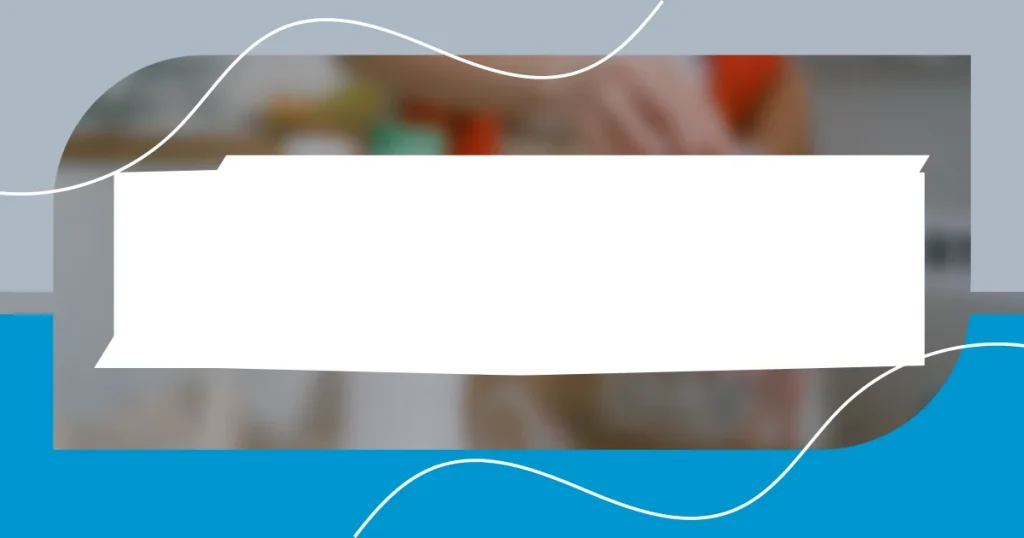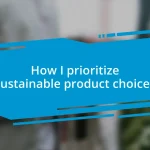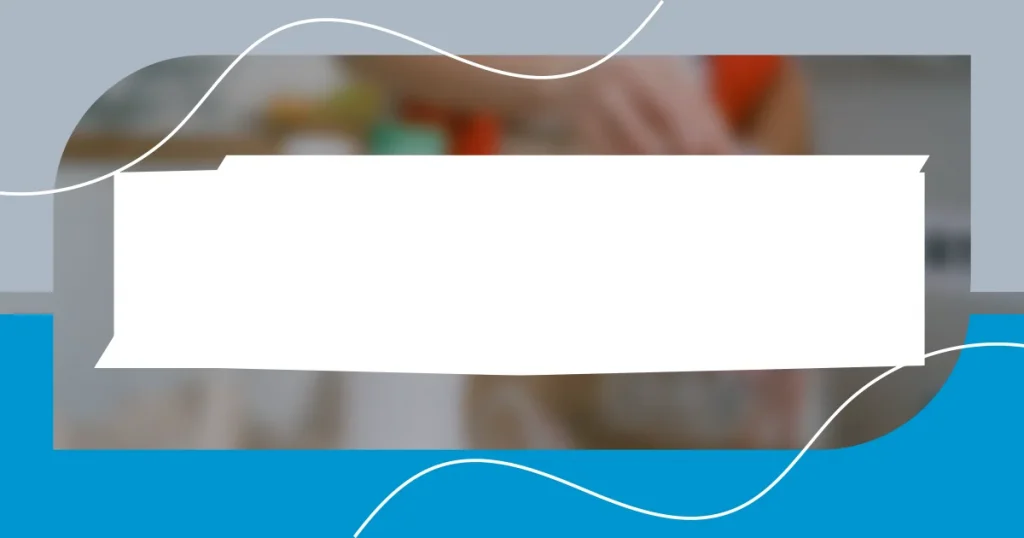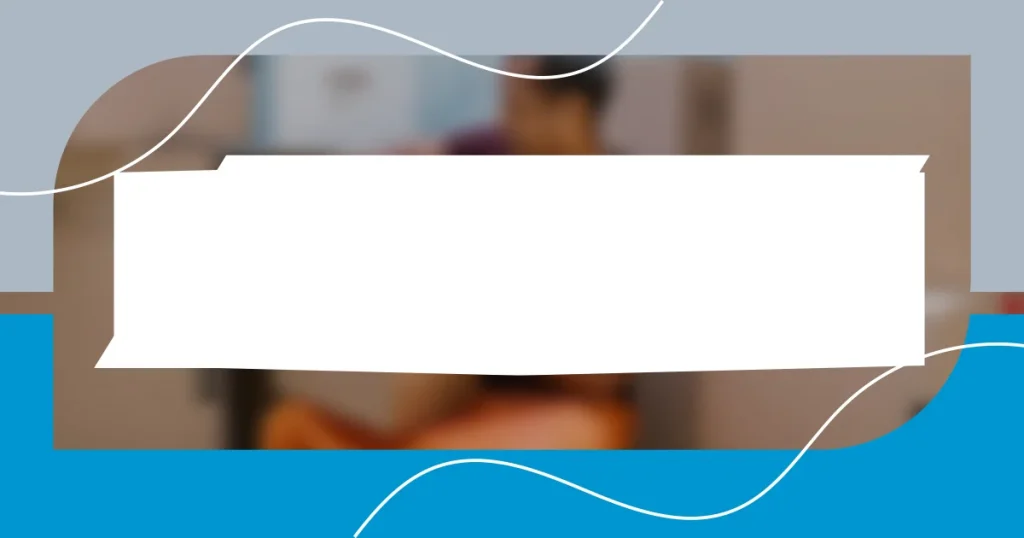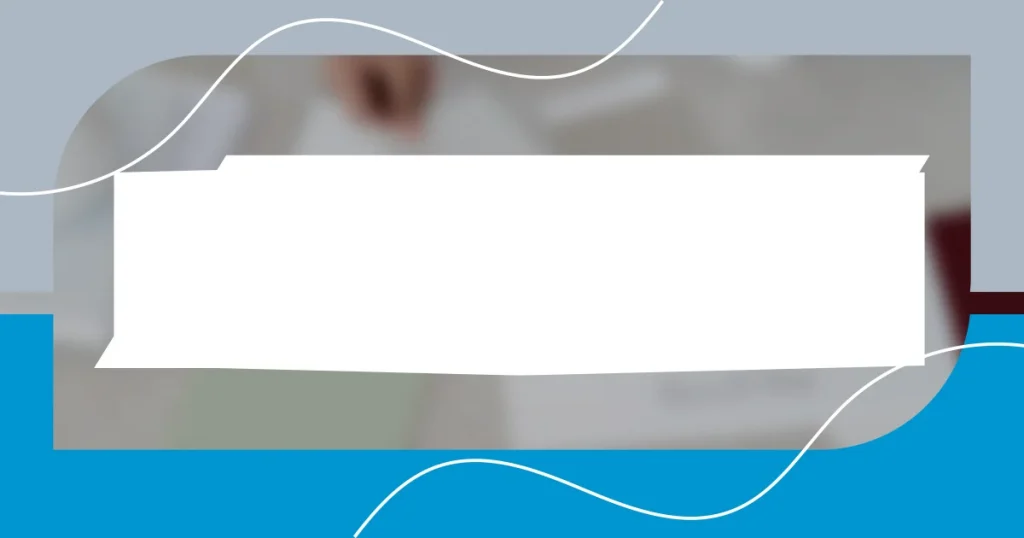Key takeaways:
- Reducing waste leads to environmental benefits, financial savings, and stronger community connections.
- Identifying waste sources, such as food, packaging, and misinformed purchases, can empower mindful consumption and waste reduction.
- Simple lifestyle changes, like using reusable bags and meal planning, significantly decrease waste and contribute to a more sustainable routine.
Benefits of reducing waste
Reducing waste offers incredible benefits, not just for the environment but also for our personal well-being. I remember the relief I felt when I started composting my kitchen scraps. Instead of heading straight to the landfill, they transformed into nutrient-rich soil for my garden, giving new life to what I used to see as waste. Doesn’t that make you think twice about what you throw away?
Another compelling benefit is the financial savings that come with mindful waste reduction. When I began to simplify my shopping habits, opting for bulk bins and reusable containers, I noticed a significant drop in my monthly grocery bills. It’s amazing how much we can save when we stop buying products wrapped in excessive packaging. Have you ever calculated how much waste translates into wasteful spending?
Moreover, reducing waste cultivates a deeper connection to our communities. I’ve found that participating in local swap events fosters relationships with like-minded individuals, all while exchanging items we no longer need. It creates a sense of belonging, don’t you think? Every little effort not only helps the planet but builds stronger ties among us.
Identifying your waste sources
Identifying the sources of waste in our lives can be a real eye-opener. When I started tracking what I was throwing away, I was surprised at the volume of single-use items I was using without even thinking about it. By paying close attention, I uncovered patterns that I could easily change to minimize my waste footprint.
Here are some common sources of household waste to consider:
- Food Waste: Leftovers and expired items from the fridge.
- Packaging: Excessive plastic and cardboard from purchases.
- Clothing: Unused garments that end up in the back of my closet.
- Electronics: Old gadgets that I replace too frequently.
- Misinformed Purchases: Items bought on impulse that are rarely used.
This process was enlightening for me—not only did it empower me to make more conscious choices, but it also sparked a deeper appreciation for every item I brought into my home. I find it rewarding to adjust my consumption habits and see the immediate reduction in waste.
Simple changes to reduce waste
When I decided to switch to reusable shopping bags, I didn’t realize how simple yet impactful this change would be. The thrill of eliminating single-use plastic bags from my life was freeing. It became a small but meaningful ritual—grabbing my bags on the way out, not only saving the environment but also feeling a sense of pride. Have you ever thought about how many plastic bags you collect over time?
Another change that made a significant difference is my switch to a refillable water bottle. This one action transformed my hydration habits and helped me cut down on purchasing bottled water. I remember the first time I saw the collection of empties piling up in my recycling bin. It was astonishing to think how something so simple as carrying a bottle could cut down on waste and improve my sustainability game.
I also embraced meal planning as another small change that has yielded big results. By taking just a little time each week to map out my meals, I drastically reduced food waste. I used to be guilty of randomly buying groceries that ended up going bad. Now, not only do I enjoy perfectly planned dinners, but I also feel a sense of accomplishment when I see my fridge emptier at the week’s end—all it took was a little foresight.
| Change | Impact |
|---|---|
| Reusable Shopping Bags | Reduces reliance on plastic bags |
| Refillable Water Bottle | Minimizes bottled water waste |
| Meal Planning | Decreases food waste |
Adopting a minimalist lifestyle
Adopting a minimalist lifestyle isn’t just about decluttering; it’s a mindset shift. I remember the overwhelming feeling of my space filled with things that didn’t serve me anymore. When I began the process of letting go, I discovered a surprising sense of freedom; it was as if I was shedding emotional baggage along with physical items. Have you ever felt lighter after tossing out things you no longer needed? That’s the essence of minimalism for me.
One tangible change I made was to evaluate each item I owned based on utility and joy. I started asking myself two simple questions: “Do I use this?” and “Does this bring me joy?” This approach led to the realization that so much of what I kept was simply because it was there, collecting dust. For instance, parting with my collection of books I’d never read was tough initially. But when I made space for some new favorites, it felt rejuvenating!
Embracing minimalism also influenced my purchasing habits. I became much more intentional about what I brought into my home. Instead of impulsively buying items I thought I might use someday, I learned to appreciate quality over quantity. This introspection has not only helped me reduce waste but has also made me treasure the few items I choose to keep. It raises an interesting question: What if, instead of clutter, we filled our lives with memories and experiences instead? That’s the joy of minimalism, and it’s invigorating!
Eco-friendly products to use
When I discovered bamboo toothbrushes, I was genuinely surprised by how a tiny change in my dental routine could contribute to reducing waste. Switching from plastic not only felt good for the planet but also sparked curiosity about the materials I used daily. Have you ever considered what happens to those plastic toothbrushes once they’re thrown away? For me, making this small investment not only transformed my bathroom drawer but also highlighted a broader range of eco-friendly options available.
Recently, I also made the leap to biodegradable trash bags. I recall the moment I swapped out my conventional bags; I felt a sense of relief knowing that they would break down back into the earth rather than linger for centuries in a landfill. It’s fascinating to think about how something so functional can contribute positively to the environment. Don’t you think it can be empowering to know that even our waste disposal can be a step towards sustainability?
Another product that has been a game changer for me is beeswax wraps. I used to rely heavily on plastic wrap, but switching to these wraps not only cuts down on plastic waste but also breathes new life into my food storage routine. With the lovely colors and patterns, they bring a touch of joy to my kitchen. Have you ever noticed how a simple switch can make food storage feel less like a chore and more like an art? This change not only benefits the environment but also adds a little personality to my fridge!
DIY projects for waste reduction
Creating DIY projects is a fantastic way to reduce waste while adding a personal touch to my home. One of my favorite projects was making reusable produce bags from old T-shirts. I remember the satisfaction of transforming something I no longer wore into something useful. It felt like giving life to my stale wardrobe while cutting down on single-use plastic bags at the grocery store. Have you ever thought about how a little creativity can lead to a more sustainable lifestyle?
I also experimented with homemade candle-making using leftover wax from used candles. The process of melting down those remnants became a surprisingly therapeutic ritual. I could infuse my new candles with my favorite scents and know that I was saving perfectly good wax from heading to the landfill. It’s interesting, don’t you think, how something as simple as a DIY project can turn waste into cherished items?
When I started crafting my own cleaning products, I found an added benefit—less plastic packaging cluttering my space. For instance, combining simple ingredients like vinegar and baking soda resulted in a powerful all-purpose cleaner. The best part? It’s non-toxic and safe for my family. I recall feeling a sense of empowerment knowing I could create effective solutions right from my kitchen. Have you ever realized that your own home can become a hub for sustainability with just a little effort?
Tracking your waste reduction progress
Tracking waste reduction is an insightful journey. For me, keeping a journal to log my waste—yes, I tried it—is surprisingly revealing. I remember the initial shock of seeing how much I was throwing away each week; it pushed me to reflect on each item and consider alternatives. Have you ever taken a moment to weigh the impact of your habits on the environment?
Utilizing apps to monitor my waste became a game-changer. One app I stumbled upon categorizes waste types, allowing me to identify patterns in my habits. I felt a genuine sense of accomplishment each week as I watched my waste decrease after implementing more sustainable choices. Isn’t it empowering to see visual proof of your progress?
Lastly, I found that sharing my goals with friends not only motivated me but also created a sense of accountability. I vividly recall our monthly meet-ups, where we’d discuss our victories and challenges. It was a mixture of inspiration and support that lit a fire under my commitment. Have you considered how surrounding yourself with like-minded individuals can enhance your waste reduction journey?











